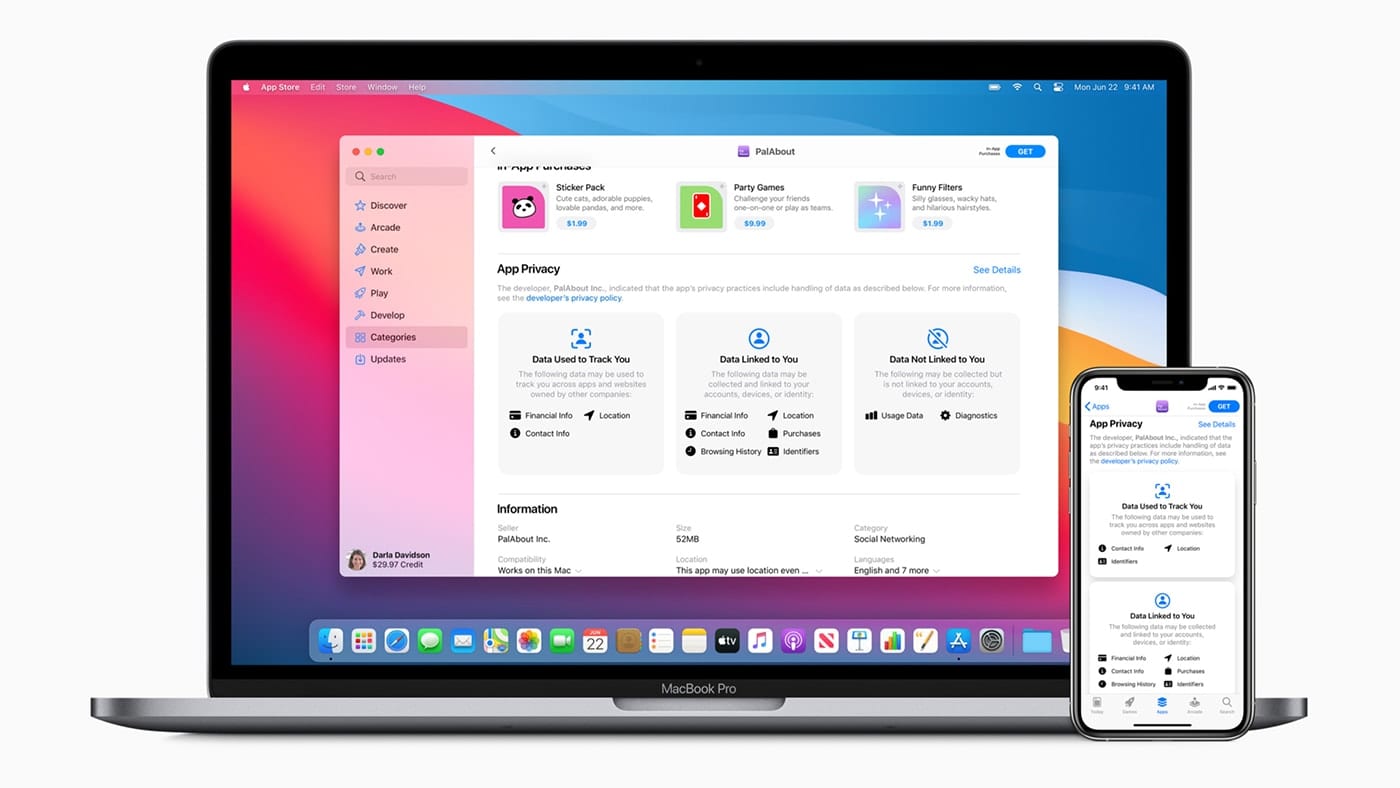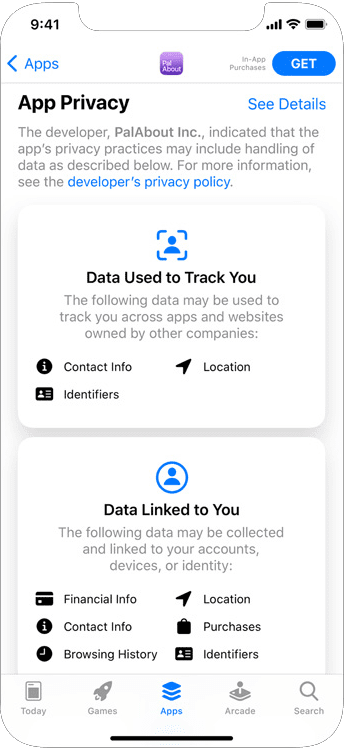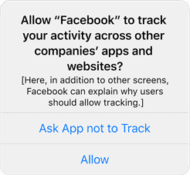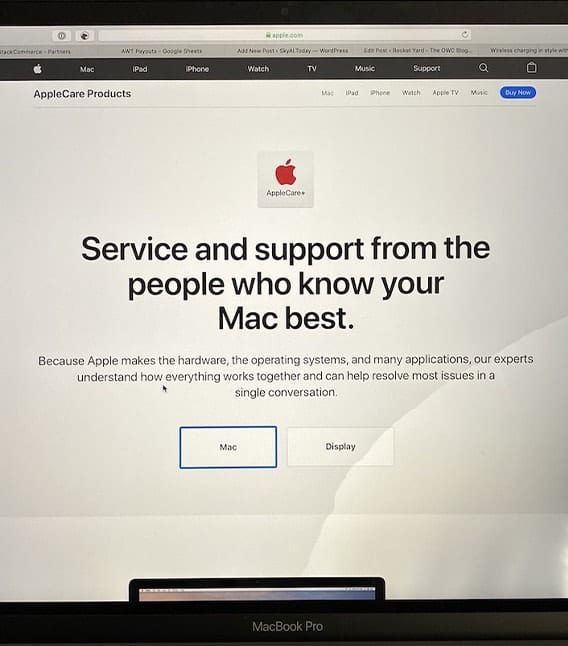Apple dropped a bomb on the online advertising world with its new privacy features. Transparency, security, and control. Apple promises its users the latest changes to the iOS platform will deliver on these three areas. Some online marketers and data brokers have raised a ruckus. But let’s see how these new changes affect you.
Privacy Nutrition Labels
The most visible of the changes appear on Apple’s app stores. The so-called “Privacy Nutrition Labels” list how an app asks for permission to gather data on you. Apple hopes to expose some of the surprising ways developers handle the information they collect on their users. They hope to accomplish this with a section on each app listed in the app store, kind of like a “nutrition label.” You’ll see notes on how your contact info, location, or financial data get tracked. So now you’ll know what you are getting into before you hit the download button.
App Tracking Transparency
Apple will “require apps to get the user’s permission before tracking their data across apps or websites owned by other companies.” Not only will you know how a company plans on using your data, but you will have to opt-in if that data gets passed to another app or company.
Apps need to report if they tie into third-party “data brokers.” Apple describes a data broker as “a company that regularly collects and sells, licenses, or otherwise discloses to third parties the personal information of particular end-users with whom the business does not have a direct relationship.” Many users’ eyes will widen when they see how their data is used to make money off of them. There’s a price for free apps. With Apple’s new features, we’ll at least be able to make intelligent decisions to see if it’s worth the tradeoffs.
Private Click Measurement
Apple knows that these disclosures threaten the business models of a lot of companies. Facebook, in particular, has gone on the offensive. So how can Apple ensure user’s privacy but not destroy online marketing? Their suggestion is Private Click Measurement, PCM. Apple writes that “PCM achieves this tradeoff by sending attribution reports with limited data in a dedicated Private Browsing mode without any cookies, delaying reports randomly between 24 and 48 hours to disassociate events in time, and handling data on-device.”
In other words, marketers can still know if people click on an ad and thereby determine if it is effective. But Apple wants to shield the privacy of individual users by anonymizing who specifically clicked that ad. Clearly, Apple believes that its approach to selling devices and apps will benefit from this. And companies like Google and Facebook may have much more at stake because their businesses rely on trafficking in this kind of data.
Summary
It is hard to see how these kinds of disclosures and opt-in measures hurt the consumer. But companies are already working on ways to get around these new rules. Privacy remains a cat and mouse game, but I think these recent changes will be a boon to users of Apple’s latest version of iOS.


















